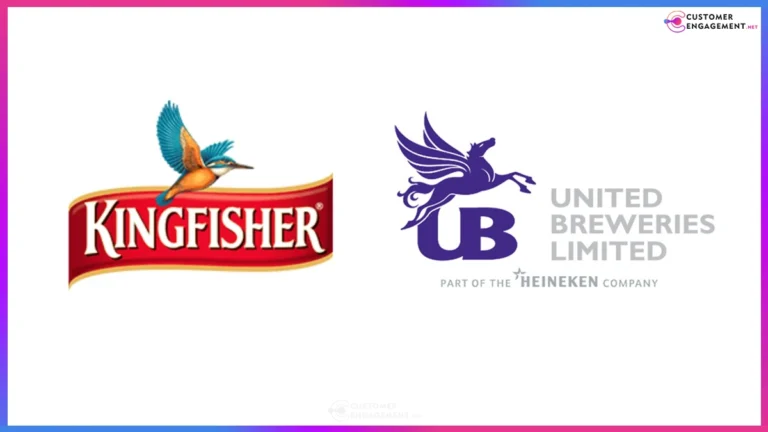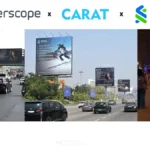
Explore why search engineering is the future of search marketing, blending data science, AI, and technical SEO to optimize brand visibility across diverse platforms and evolving AI-driven search landscapes.
Marketing has continuously transformed with technology over the past several years, moving from traditional advertising, to digital transformation, and now toward a deeply ingrained integrated ecosystem of data, content, and algorithms that work cohesively to shape visibility. Historically, search has always been a linchpin in this ecosystem, but the functionality of search is shifting dramatically. What was once the sole domain of SEO specialists and content strategists is now transformed by a new layer of discipline, Search Engineering.
Search Engineering is not an iteration of SEO; but rather, a complete reimagining of search function within a marketing stack. It blends the scientific approach of data engineering with the creativity of marketing, integrated with the precision of AI volumetric technology. As brands seek visibility in search engines, app stores, voice technology, social algorithms, and more – a dedicated search engineering function is no longer a “nice to have”, this is quickly becoming a necessity.
The Evolution from SEO to Search Engineering
Traditional SEO focused on optimizing for ranking factors like keywords, backlinks, and the structure of content. It was about knowing how Google crawled and indexed web pages. But the search landscape today is far more complicated. AI-powered algorithms like Google’s RankBrain and Search Generative Experience (SGE) are rewriting the rules. Search engines now look at intent, context, and semantics, as well as simple keyword matching.
That evolution means marketers must look beyond SEO metrics. There is a shift toward understanding data models, site architecture, and technical integration such as APIs, schema, and automation frameworks. This is where search engineering comes into play.
A search engineer brings together technical SEO knowledge with data science, software engineering, and machine learning. A search engineer doesn’t just optimize content; they engineer systems that continuously learn, adapt and evolve based on search performance, consumer behavior, and algorithmic trends.
Why Brands Need a Search Engineering Function
- Search Has Become a Multiplatform Ecosystem: Search is no longer limited to Google. Consumers search on YouTube, Amazon or even voice platforms like Alexa. Each of these search environments has its own search logic and ranking signals that are unique to that environment. A single SEO strategy will not address all these touchpoints. A search engineering team brings to bear those opportunities in this broken ecosystem ensuring that all performance data can be caught collected across the platforms by feeding the signal through APIs and other automation tools to ensure every touchpoint from a video on YouTube through an app listing was achieving the brand’s visibility goal.
- Generative AI Is Reshaping Search Behavior: Now with the advent of AI models like ChatGPT, Gemini and SGE, the way people get answer is driving traditional blue-link search results to conversational and contextual results over clicking through to a website – which is a big behavioral shift. Users are spending more time engaging with AI summaries than through searching for and clicking through the website. Brands must change their approach to ensure that their content and data is accurate and structured and can be understood and surfaced. The search engineering team understands how to develop and maintain the schema, structured data, and the technical framework that will feed the AI generative models, so when the AI summarizes the content on a page.
- Data Integration Is the New Competitive Advantage: Search is a data-intense discipline filled with vast site crawl logs, Core Web Vitals, clickstream analytics, conversion behaviors, etc. The amount of data generated is staggering. If not properly integrated, however, all of that analysis and insight, along with brand equity, is left scattered across various tools. Search Engineers fill the data gap by using data pipelines that integrate across platforms. They are able to automate the collection and processing of search data while analyzing those data points in Python for SQL, and return insightful data into a marketing stack. This process develops a feedback loop where search strategies are developed from performance data, not gut instincts.
- Performance Marketing Needs Technical Foundations: In performance-based organizations, you cannot spend a dollar marketing unless there is a measurable return on that impression or click. Paid performance heavily relies on audience segmentation and intent data, both found from search behavior. A properly created search engineering function can ensure that organic efforts feed into paid and paid efforts feed into organic, but the two alternates with each other. By assessing organic keyword performance, for example, teams can identify keyword gaps where paid campaigns can immediately insert themselves, or awarded, or both. It is even possible to create machine learning models that take a list of search terms and opt for which ones are likely to convert and let marketers decide which variations they want to fund with budget dollars.
Building a Search Engineering Function
For the majority of organizations, building a search engineering practice begins with reformulating team structures, which would involve moving SEO from its siloes in content or marketing. For it to be effective, SEO needs to be part of the technical core of the organization. A typical search engineering team includes:
- Search Engineers – Experts with technical SEO and programming skills.
- Data Analysts – Professionals who process and interpret search and user data.
- AI/ML Specialists – Engineers who train and fine-tune models for search intent prediction and personalization.
- Content Strategists – Creatives who align search insights with storytelling and brand messaging.
Together, they form a dynamic system where strategy, technology, and creativity work in harmony.
The Impact on Brand Visibility and Experience
An effective search engineering setup boosts more than rankings. It improves the entire digital footprint. Faster loading pages, organized content, and contextual search support a seamless user experience. When users find what they are looking for quickly, engagement and conversions will follow.
Additionally, as AI-driven search overtakes the digital experience, the brands proactively engineering their visibility will not just keep up with the conversation, they will lead it.
Preparing for the Future of Search
The emergence of search engineering is a sign of a larger shift toward marketing technology that has foundations in knowledge and flexibility. Just like organizations used to invest in data engineering or marketing automation, investing in search engineering now will determine how well each organization participates in the algorithmic economy of the future.
Search is no longer simply about optimizing for visibility; it is about engineering relevance. Brands that understand this and act compositely and holistically on it will not only rank higher but build systems that are adaptive to whatever the future of digital discovery looks like.

Senthil Kumar Hariram
Founder & Managing Director, FTA Global














